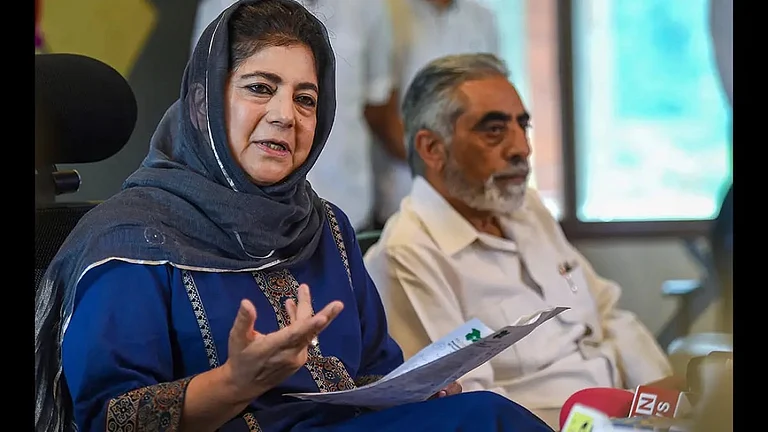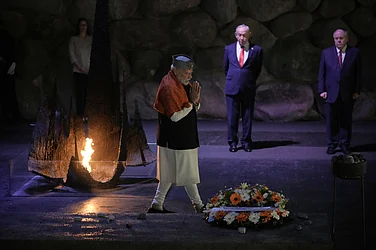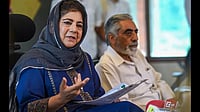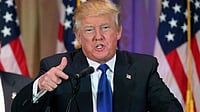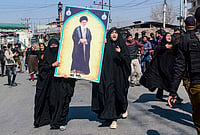Maldivians are casting their votes in a decisive runoff presidential election that has evolved into a significant geopolitical showdown between India and China for influence in the Indian Ocean archipelago. In the initial round of voting in September, neither main opposition candidate Mohamed Muiz nor incumbent President Ibrahim Mohamed Solih garnered more than 50 percent of the votes, necessitating the runoff.
President Solih, in office since 2018, faces accusations from Muiz of allowing unchecked Indian presence in the Maldives. The People's National Congress, Muiz's party, is perceived as strongly pro-China. In the first round, Muiz unexpectedly took the lead with over 46 percent of the votes, while Solih secured 39 percent, as reported by AP.
During Abdullah Yameen's presidency from 2013 to 2018, the Maldives joined China's Belt and Road initiative, a massive infrastructure project aimed at bolstering trade and expanding China's influence globally. The Maldives, comprising 1,200 coral islands strategically positioned along the main shipping route between the East and the West, finds itself at the center of this regional power struggle.
Muiz has pledged to address the perceived imbalance in trade relations with India and remove Indian troops stationed in the Maldives if he wins the presidency. With over 282,000 eligible voters, the runoff result is eagerly anticipated on Sunday, as it holds implications not only for the political landscape of the Maldives but also for the broader dynamics of regional power play between India and China.





